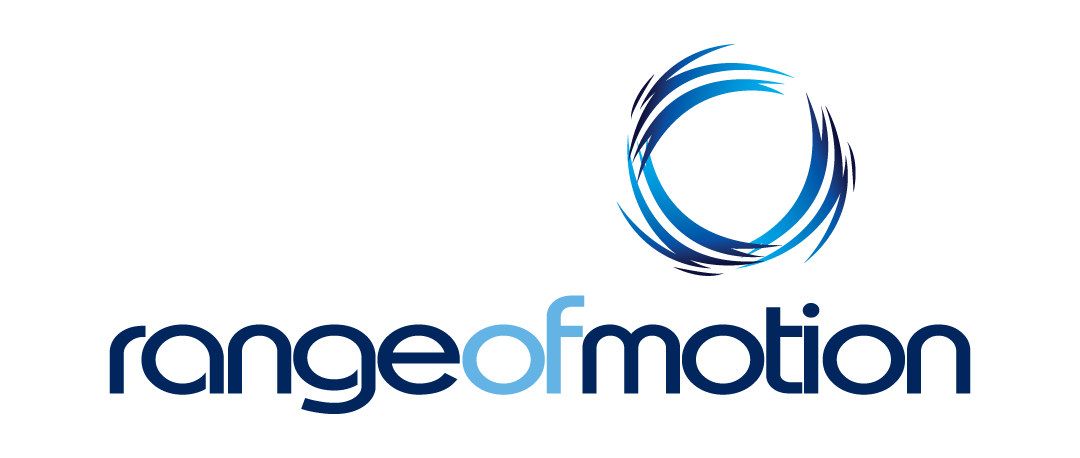Domains, otherwise known as websites addresses, are what people type into their web browsers to get to your website.
It’s important to note that a domain is not the same as website hosting. You can learn more about the difference here.
Why Do You Need A Domain?
So that people can access your website.
On the Internet, your domain name is your unique identity. Any individual, business or organisation planning to have an internet presence should invest in a domain name. Having your own domain name, website and email addresses will give you and your business a more professional look. Another reason for a business to register a domain name is to protect copyrights and trademarks, build credibility, increase brand awareness, and search engine positioning. When people access your website, they will type in your domain name to get to it.
So that you can set up professional email addresses.
Most fitness professionals start off using a generic email address such as tomspersonaltraining@gmail.com.
While this works fine, it doesn’t look particularly professional. Having a domain allows you to then create professional email addresses that reflect your brand. For example tom@tomspersonaltraining.com
As your business grows you can add other junior trainers and other staff members to your email list, all with @tomspersonaltraining.com as their address.
How To Brainstorm A Domain
Firstly, if you have a specific brand name for your business then you should try and use that as your domain. For example, if your brand is ‘Body Wise’ then try and register bodywise.com.au.
Sometimes, however, your brand name might be taken by someone else, in which case you need to get a bit creative.
Firstly, choose the top 5 keywords that represent you and your services as a fitness and health professional. When you first begin your domain name search, it helps to have a small set of terms or phrases in mind that best describe the domain you’re seeking.
Once you have this list, you can start to pair them or add prefixes and suffixes to create good domain ideas. For example, you might start with words like “personal training, women’s training, boot camps” then play around until you can find a good match.
You can also throw your brand name into the mix. For example, if your brand is ‘Bodywise’ you could try and register bodywisebootcamps.com.au
.com or .com.au?
Our rule of thumb here is to always go with the domain that services the market you are in. A .com domain is generally perceived as global, whereas .com.au or other country based domains are specific to the country to which they are relevant. Note that in order to register a .com.au domain you need an ABN.
Note: If your brand name based domain is taken then we don’t recommend using a plural, hyphen or similar modification. ie body-wise.com.au, or bebodywise.com.au. This can lead to confusion and potential copyright issues.
How To Register A Domain and How Much They Cost
Now that you have your list of potential domains you can go about figuring out if they are available and getting one registered.
Firstly – go here: https://domainr.com/ and start searching for your domains.
Start with the one you want the most. If it’s not available then move on to the next one in your list.
Once you find one that’s available you can register through any domain registrar. We recommend https://ventraip.com.au/domain-names/register as they’re an Australian business.
.com.au domains can be registered for two years, require an ABN and usually cost between $20 and $40 for two years.
Note: When you pay for a domain you are effectively renting it for a set period of time. Once that time is up you have to renew it or it goes out onto the open market again, at which point you may lose your domain if someone else registers it.
Range of Motion Fitness Websites takes care of the entire domain name and hosting process for you.
Things To Avoid When Choosing a Domain
Reject Hyphens and Numbers
Both hyphens and numbers make it hard to give your domain name verbally and are hard to remember or type. They also correlate poorly with rankings in Google, with branding and with traffic. I’d additionally suggest not using spelled-out or roman numerals in domains, as both can be confusing and mistaken for the other.
Long Domain Names
Shorter names are easy to type and easy to remember.
Hard to Type Domains
If a domain name requires considerable attention to type correctly, due to spelling, length or the use of un-memorable words or sounds, you’ve lost a good portion of your branding and marketing value.
The right domain name is an important part of your online, digital presence. Give it some careful thought and follow the steps we’ve outlined to ensure it serves you and your business well into the future.





0 Comments